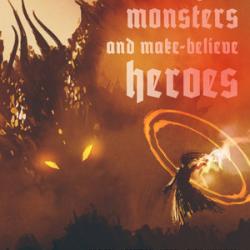The Armageddon Factor is the episode that brings the Key to Time sequence of episodes to its conclusion. It also brings theology and ethics into the picture, and the mysterious identity and backstory of the Doctor. And so this is arguably one of the most interesting episodes in classic Doctor Who, marking a moment when the show revisited the idea that gave the show its title (as Ian said in that first story, “Who is he? Doctor who?”) and brought... Read more





















